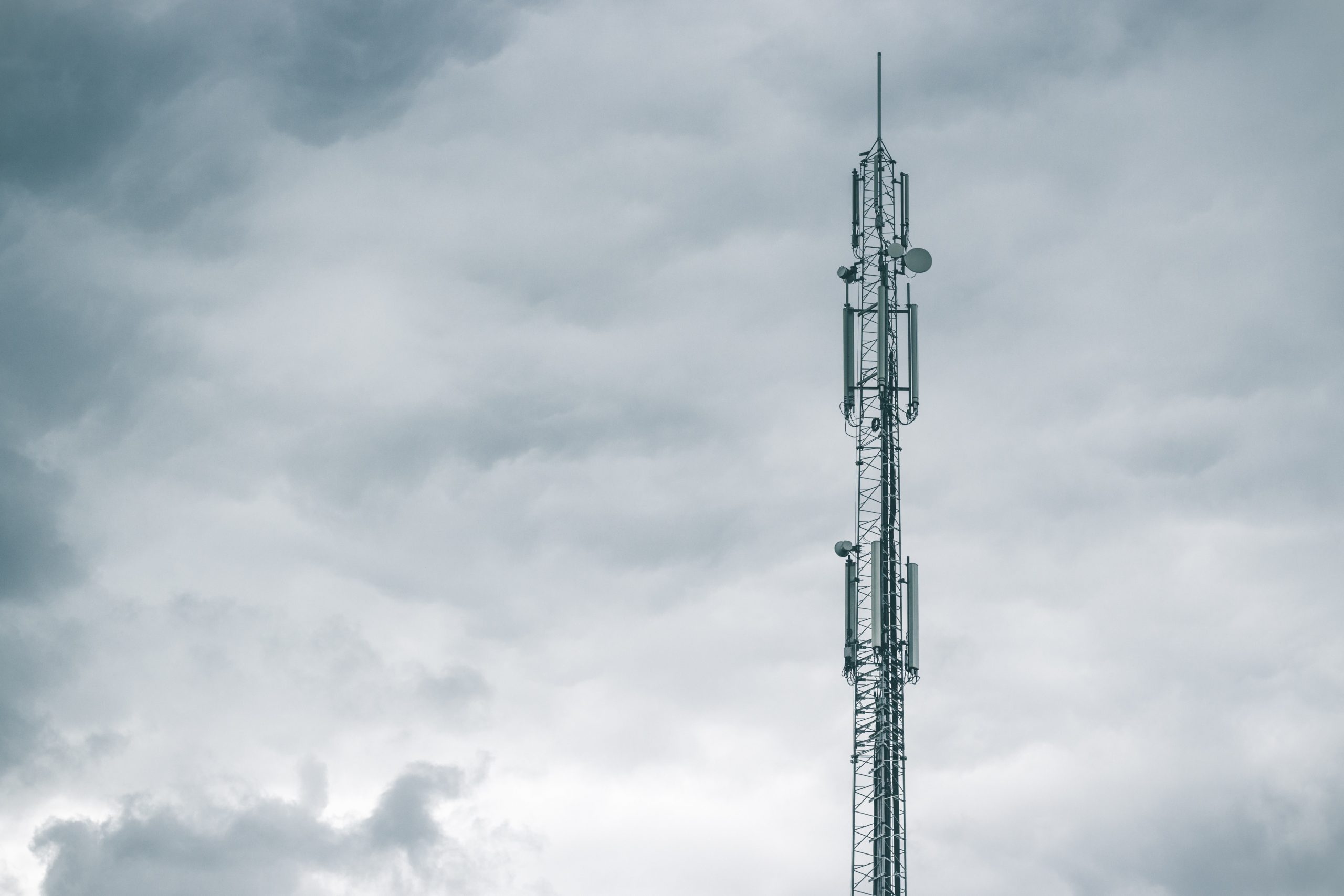
Creating a Broadband Data Dashboard to Support Federal Communications Commission Decision-Making
Summary
The Biden-Harris Administration should launch a concerted broadband data-collection and analysis effort to support smart, timely, and informed decision-making by the Federal Communications Commission (FCC) and other agencies that work on broadband, such as the Rural Utilities Service. Specifically, the FCC should collect (or work with others to collect) comprehensive data on the following eight indicators:
- Broadband deployment
- Broadband adoption
- Broadband performance
- Competition
- Pricing
- Anchor institutions
- Specialized networks
- International benchmarks
These data should be centralized on a “broadband data dashboard” to support informed decision-making by the FCC as well as analysis and application by stakeholders in government and industry as well as the general public. The dashboard would also support the FCC in developing and assessing progress towards clear, quantifiable goals for each indicator.
From use to testing to deployment, the scaffolding for responsible integration of AI into high-risk use cases is just not there.
The Federation of American Scientists supports Congress’ ongoing bipartisan efforts to strengthen U.S. leadership with respect to outer space activities.
By preparing credible, bipartisan options now, before the bill becomes law, we can give the Administration a plan that is ready to implement rather than another study that gathers dust.
Even as companies and countries race to adopt AI, the U.S. lacks the capacity to fully characterize the behavior and risks of AI systems and ensure leadership across the AI stack. This gap has direct consequences for Commerce’s core missions.